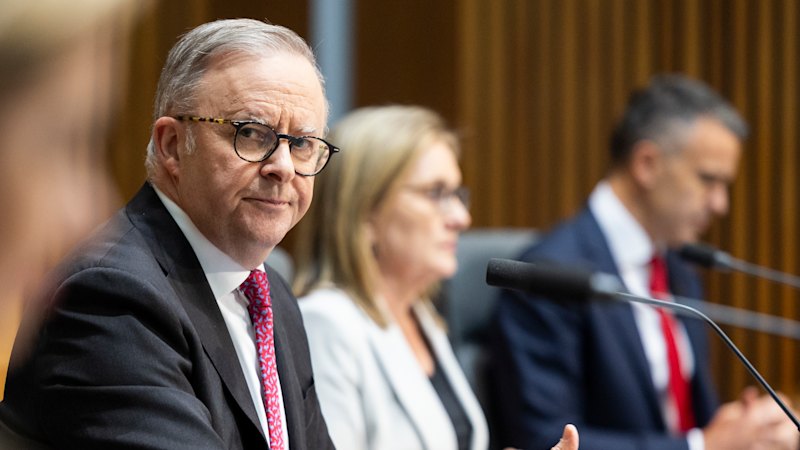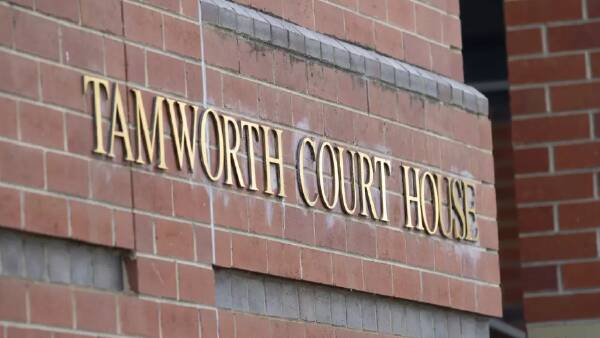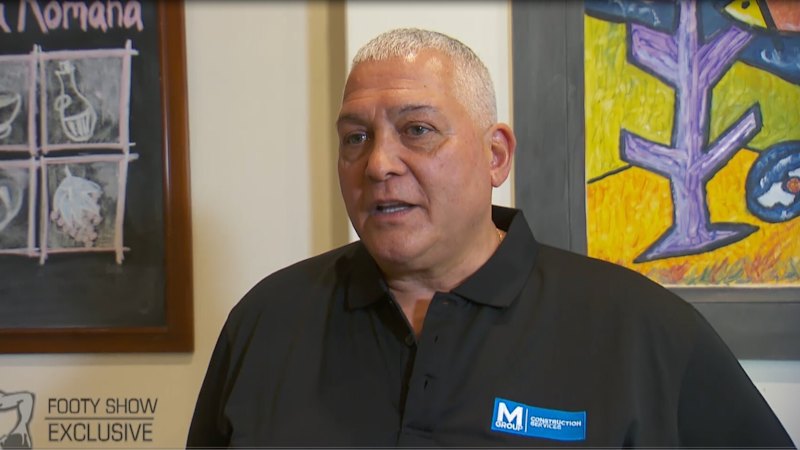
Premiers across Australia have raised alarms about the potential jeopardy of hospital services due to a funding dispute with the federal government. They accuse the Albanese government of falling short by tens of billions of dollars in health funding, which is crucial for managing the National Disability Insurance Scheme (NDIS) costs. The Council for the Australian Federation convened on Tuesday to address a deal struck in December 2023. This agreement aimed to provide states with increased Goods and Services Tax (GST) payments, contingent on greater spending on disability care for individuals who may not qualify for the NDIS.
In a joint statement, the premiers and chief ministers expressed concerns that the federal government might not uphold the commitments made during the national cabinet meeting. They emphasized that these commitments were intended to ensure that states and territories would be financially better off overall.
“The Council for the Australian Federation has expressed concern over significant Commonwealth government health funding shortfalls,” the statement read. This shortfall, they noted, could severely impact the states’ and territories’ ability to deliver the hospital services that the public rightfully expects.
States and territories remain committed to the agreement established in December 2023. A key aspect of this agreement involved the Commonwealth’s pledge to cover 42.5 percent of public hospital costs by 2030 and 45 percent by 2035. However, the current proposals suggest that the Commonwealth’s actual share may only reach 35 percent, indicating a significant funding gap.
In December 2023, Prime Minister Anthony Albanese also committed to covering half the costs of new foundational support systems that states and territories would establish for individuals with disabilities. The premiers are now voicing concerns that the combined health and disability reforms may not leave states and territories in a better financial position.
They are eager to engage in constructive discussions but have urged the federal government to “act in good faith” and honour the commitments made during the national cabinet meeting. “States and territories are acutely aware of the need to manage growing cost pressures and activity demands on public hospitals,” the premiers stated.
The leaders highlighted that these pressures arise from factors largely beyond their control. These include ongoing high inflation following the pandemic, workforce shortages in healthcare, and the increasing complexity of patient needs. Additionally, there is a growing number of ‘stranded’ patients—those unable to access suitable aged or disability care.
The federal government has indicated its intention to finalise the agreement with states and territories by the end of the year. A spokesperson stated that it remains committed to the framework established in 2023. The most recent offer includes an additional $20 billion over five years for public hospitals, marking a $7 billion increase from previous proposals.
In February, the federal government allocated $1.7 billion to public hospitals, reflecting a 12 percent increase, while negotiations for a five-year deal linking funding to NDIS reforms continued. States are advocating for the removal of the 6.5 percent funding growth cap for public hospitals.
“The additional $20 billion on offer is in addition to the $195.1 billion that the Commonwealth is expected to contribute to public hospitals over five years from 2026-27,” the spokesperson noted. The Commonwealth has expressed its readiness to negotiate in good faith and looks forward to further discussions with the states.







